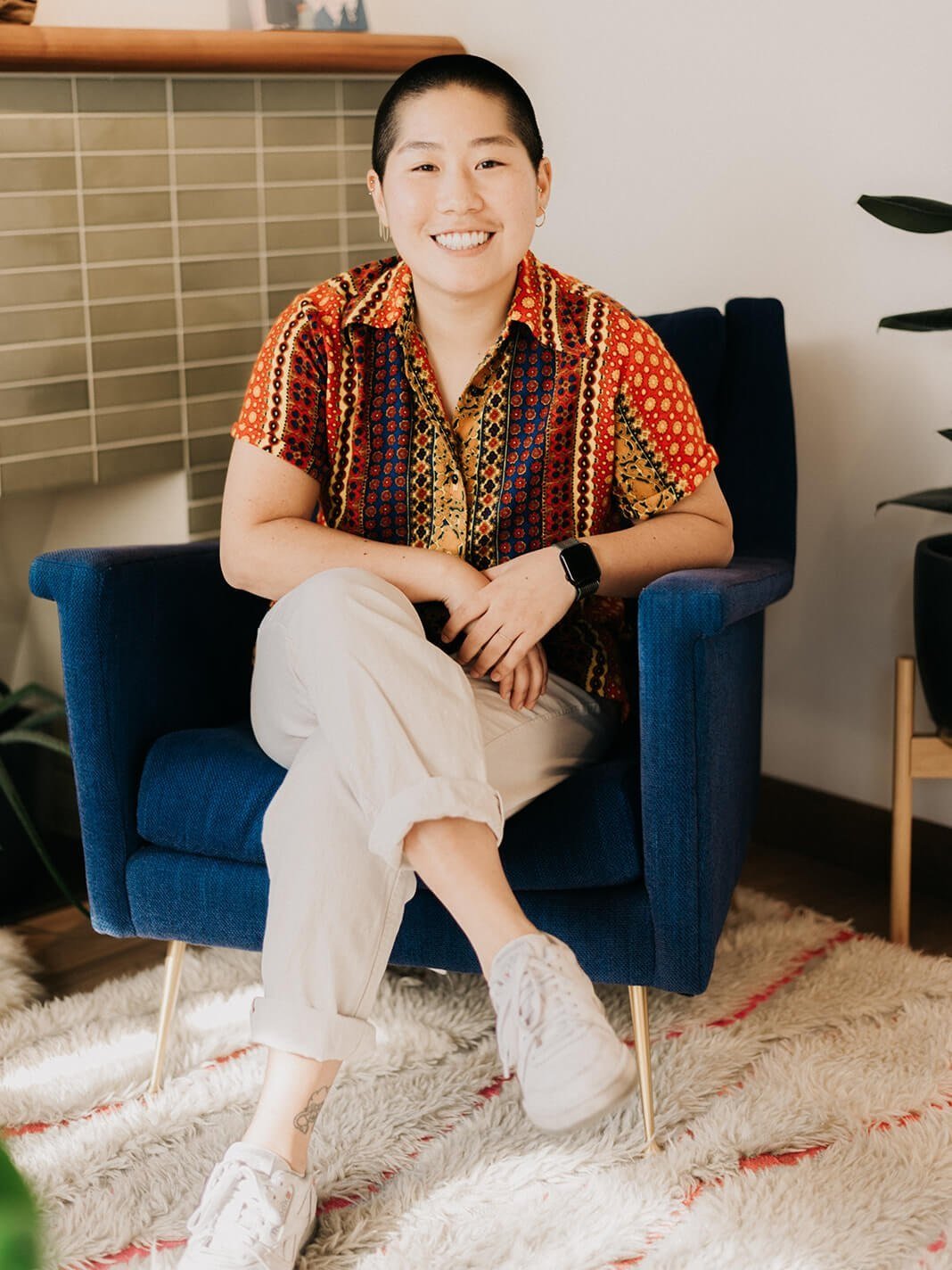On Gender-Affirming Care: Big Bills & Ugly Rulings
Bigger isn’t always better. And beauty isn’t always subjective. The big beautiful bill and the Supreme Court’s recent ruling in United States v. Skrmetti are perfect examples that some things can be big and bad and objectively ugly as hell.
Whenever lawmakers propose cuts to funding for public assistance programs in the same breath as increases to defense and law/immigration enforcement funding, my eyebrows shoot up and my fists clench. It’s the same when protections of individual liberty are tossed aside for discriminatory abuses of state authority. This isn’t our first rodeo, so we should know how this one ends.
What’s Happening with Gender-Affirming Care in the U.S.
Unless you’ve been under a rock, I don’t need to tell you how much chaos (read: organized, targeted violence) has been enacted and encouraged by the U.S. government lately (not to mention, historically). For the purposes of this blog, I’ll be focusing on the impact of the recent anti-trans legislature on the trans, non-binary, and gender expansive community.
The Impact of the Big, Ugly Bill
Of the many negative impacts the big beautiful bill will have on the public, including but not limited to stripping millions of people of their health care, taking billions of dollars of food out of people’s mouths, and reducing access to education, there will be tens of thousands of transgender individuals forcibly detransitioned. The bill explicitly prohibits Medicaid funds from being used to cover gender-affirming care for children and adults, including hormone therapy, puberty blockers, and surgeries. Exceptions are outlined only if the purpose of treatment aligns with cisnormative values, though (?!?!). The bill’s removal of federal non-discrimination language tied to Medicaid coverage also opens the door for state-level anti-trans exclusions. And states are running through the door.
A Dangerous Precedent: United States v. Skrmetti
Which brings us to the United States v. Skrmetti ruling. On June 18, 2025, the Supreme Court ruled in support of Tennessee’s state-wide ban on puberty blockers and hormone therapy for transgender minors. This ruling explicitly rejects transgender individuals as a protected class deserving of equal protection under the 14th amendment. It legitimizes discrimination and sets a dangerous precedent for 26 other states with similar laws banning or restricting gender-affirming care.
Why Gender-Affirming Care Matters
So, why is this important? The short answer is that gender-affirming care saves lives. “Forty-one percent of transgender persons in the United States attempt suicide at least once in their life” (Virupaksha et al., 2016). Among the general U.S. population, that figure is estimated between 2.4% and 6.7%. Let that sink in. In 2022, a study of trans, non-binary, and gender fluid youths compared those who received puberty blockers and/or gender-affirming hormone treatment and those who received no gender-affirming care. The study found that receiving these gender-affirming interventions reduced odds of depression by 60% and odds of suicidality by 73% (Tordoff et al., 2022).
Gender. Affirming. Care. Saves. Lives.
Protecting vulnerable populations from scapegoating and bullying saves lives.
Citations
Tordoff, Diana M., et al. “Mental health outcomes in transgender and nonbinary youths receiving gender-affirming care.” JAMA Network Open, vol. 5, no. 2, 25 Feb. 2022, https://doi.org/10.1001/jamanetworkopen.2022.0978.
Virupaksha, H. G., et al. “Suicide and suicidal behavior among transgender persons.” Indian Journal of Psychological Medicine, vol. 38, no. 6, Nov. 2016, pp. 505–509, https://doi.org/10.4103/0253-7176.194908.
Featured therapist author:
Logan Kim, is a queer, non-binary, Asian-American Associate Marriage and Family Therapist. They work with individuals and couples from a relational and social justice-oriented approach. Logan is particularly passionate about their work with queer and trans clients, exploring issues around identity, relationships, and the implications of existing in a cisheteronormative society.
GET HELP NOW
If you are interested in therapy with Kindman & Co. and would like to learn more about the services we have to help you, follow these quick & easy steps:
Schedule a free 20-minute phone consultation with our Care Coordinator.
Get matched with the therapist who’s right for you.
Start feeling more supported and fulfilled in your life and relationships!
THERAPY AT KINDMAN & CO.
We are here for your diverse L.A. counseling needs. Our team of therapists provides lgbtqia+ affirmative therapy, couples therapy & premarital counseling, grief & loss counseling, group therapy, and more. We have specialists in trauma, women's issues, depression & anxiety, substance use, mindfulness & embodiment, and support for creatives. For therapists and practice owners, we also provide consultation and supervision services! We look forward to welcoming you for therapy in Highland Park and online.


